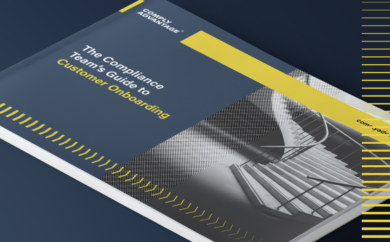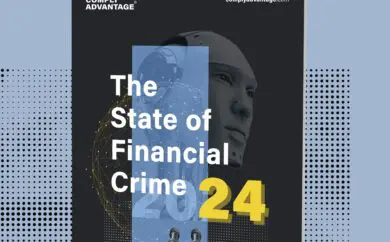According to the latest figures published by UK Finance, fraud remains one of the most common crimes in the UK. Criminals are using social engineering tactics to target their victims, including impersonating businesses and creating fake investment ads, as well as stealing personal account and credit card information. As a result, criminals stole over £500 million in the first half of 2023, as highlighted in the trade association’s mid-year report.
2023 mid-year fraud update
Standouts from the report include:
- 77 percent of authorized push payment (APP) fraud started online and accounted for 32 percent of total losses.
- 17 percent of cases originated in telecommunications but accounted for 45 percent of total losses.
- Card ID theft losses increased 57 percent to £33.1 million.
- The number of romance scams rose by 29 percent, and losses rose by 26 percent to £18.5 million.
- Banks prevented a further £651 million of unauthorized fraud from being stolen through advanced security systems.
Industry responses
In addition to a number of sections relating to specific fraud typologies – including cheque fraud, counterfeit card fraud, and remote banking fraud – the report highlights eighteen industry responses to the growing threat of fraud in the UK. Notable responses include:
- Creating a National Fraud Database, which serves as a comprehensive data and intelligence resource on fraud risks.
- Establishing the Online Fraud Group, a public-private initiative that brings together senior representatives from the tech sector, financial services, and law enforcement to disrupt criminals.
- Sharing intelligence on emerging threats with law enforcement, government departments, and regulators through the National Economic Crime Centre.
- Creating the Dedicated Card and Payment Crime Unit (DCPCU), a fully operational police unit with a national remit, formed as a collaboration between UK Finance, the City of London Police, and the Metropolitan Police Service.
Other responses related to legislative amendments and new requirements for financial institutions that were announced throughout the year, including:
Key takeaways: Emerging technologies and tips for fraud prevention
On the release of the report, the Managing Director of UK Finance said, “The financial services sector continues to lead the fight against these awful crimes. We are also currently the only sector that reimburses victims. However, it is impossible to reimburse the human impact of these crimes: we must prevent it from happening in the first place.”
Technology can play a significant role in empowering fraud prevention teams to use their time and analytical capabilities efficiently. By reducing false positives and providing better insights, firms can benefit from artificial intelligence (AI) overlays, even if they are not ready for a complete technological overhaul. ComplyAdvantage’s AI-powered transaction screening and monitoring solution is such an example that can adapt to evolving fraud typologies. This adaptability can help firms update their fraud prevention strategy and keep it current with the latest risks. Additionally, ComplyAdvantage’s Fraud Detection solution can enhance fraud prevention strategies with one of the most powerful machine learning models available. This model not only detects fraud but also provides an explanation for each alert created, which can help firms understand why fraud occurs and how to prevent it in the future.
Additionally, when reviewing a firm’s fraud prevention policies, functions, and processes, compliance teams should consider the following five tips:
- Protect your customers: Detecting fraud before it hits the headlines is crucial for a profitable and sustainable business. It is also important to keep customers informed when fraud is detected, particularly when taking fraud control measures such as stopping transactions or restricting their accounts.
- Minimize your fraud losses: Criminals are creative and will keep evolving the tactics they use to perpetrate fraud. Therefore, firms should consider deploying insights-driven machine learning systems to detect and adapt quickly to evolving typologies.
- Optimize your fraud detection processes: Automation is key to reducing manual processes and freeing up analysts’ time so they can work more efficiently.
The Role of Technology and Talent in Payment Fraud Detection
With the value of payment fraud set to soar to more than $40 billion by 2027, see how firms plan to invest in fraud detection across their technology and talent in the next 12
Download Your Copy
Originally published 03 November 2023, updated 08 February 2024




